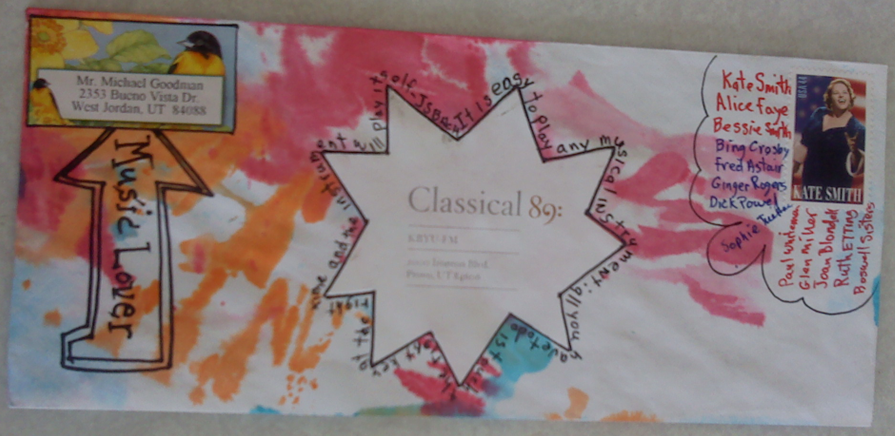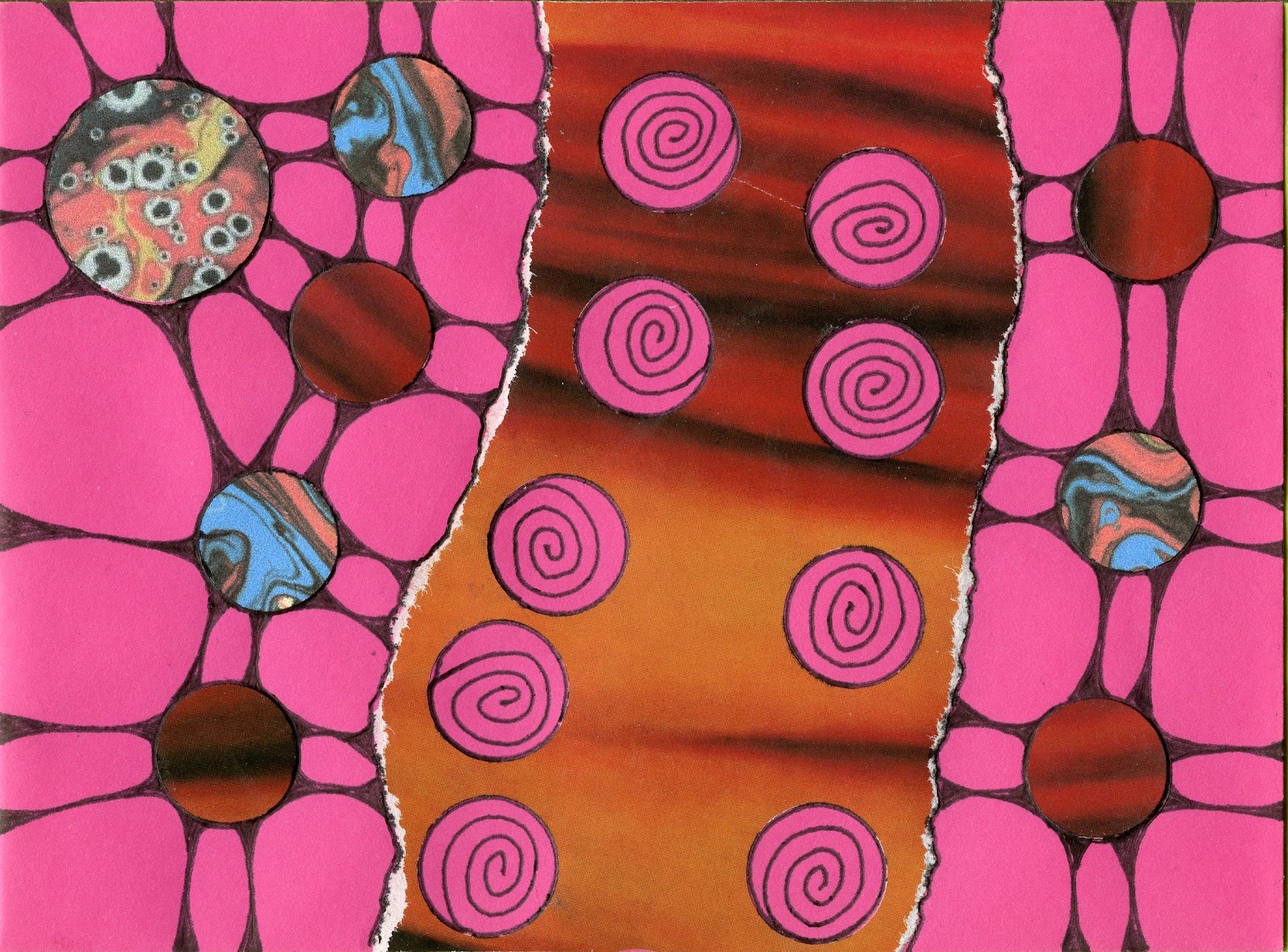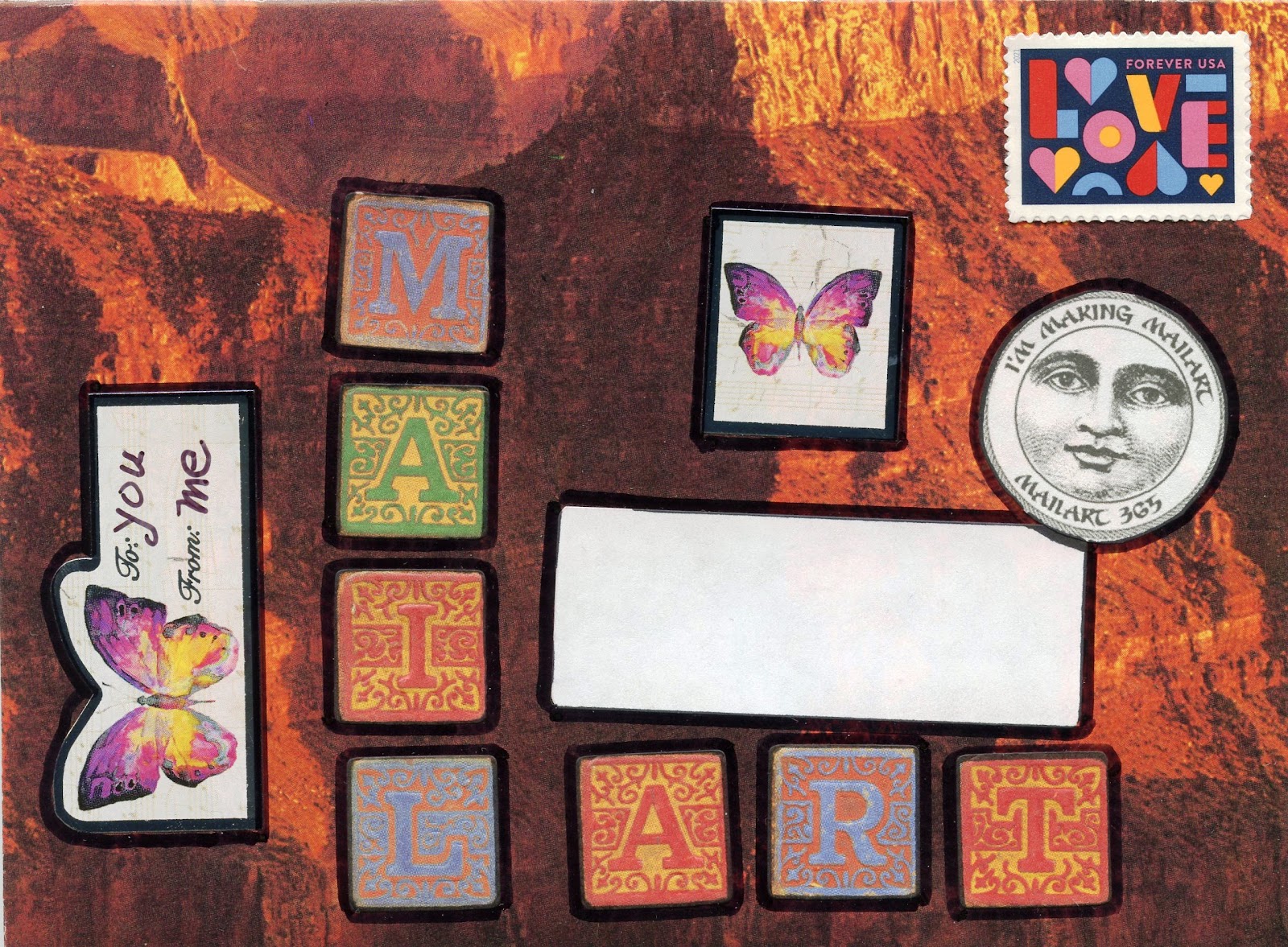"Not every act of art creates something special, but it does create something. It is the act of art that is important, not the result." Michael L. Goodman
Last week, I was hurkle-durkling [a Scottish term for waking up but lying in bed for a few minutes, thinking, pondering, reviewing the need-to-do list, and mentally preparing for the day]. I remembered with shock that it was already December, and I had not started decorating my Christmas card envelopes. I send out close to eighty cards every December, tucked in hand-decorated envelopes. We bought the cards in early November so I could get started earlier than in past years. Did I get started early? NO! I had not even decided what to doodle on the envelopes. Ack! I haven't written my yearly Christmas letter yet!
That morning, I hurkle-durkled for longer than usual, pondering and hoping for a quick solution. I needed a design that was simple and would not expend too much of my time to finish each card. I settled on circles, or globes, encircling the address field in a wreath. I cut a simple stencil of circles that I could easily and quickly embellish, and proceeded from there.























































